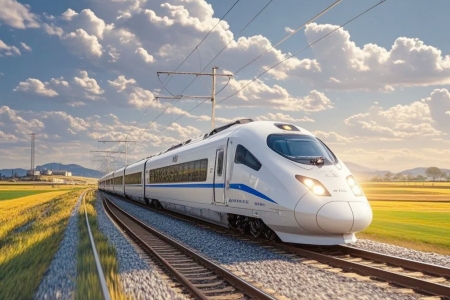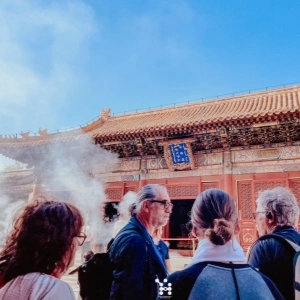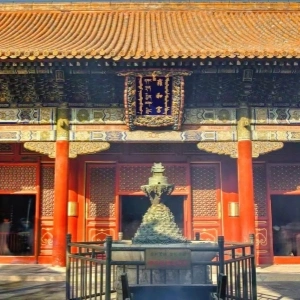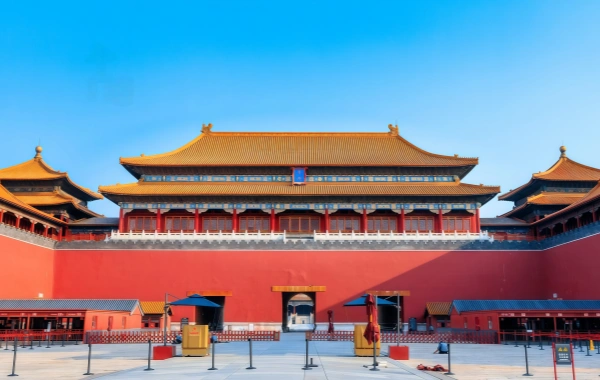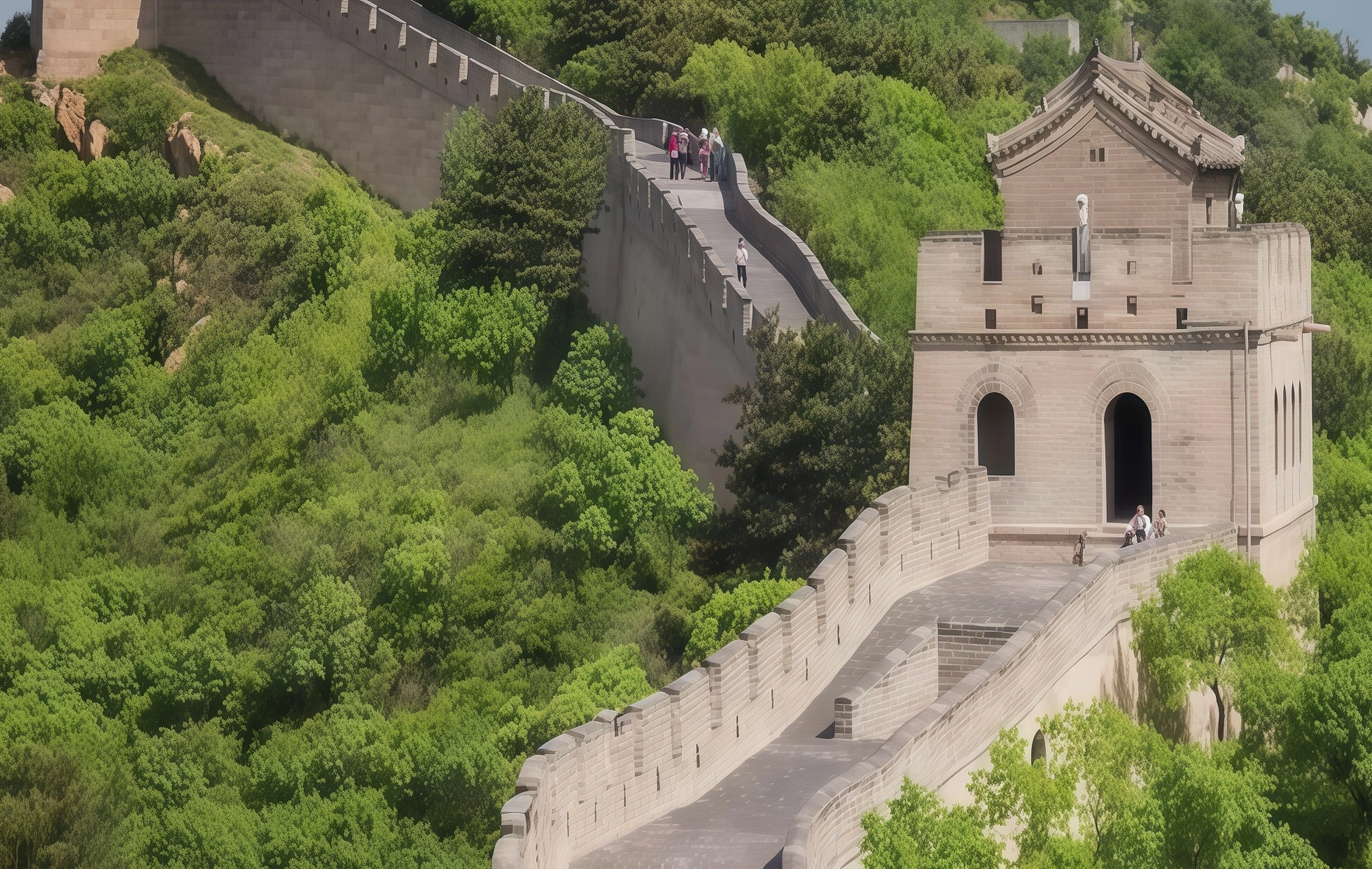Tianjin, a bustling metropolis in northern China, is not only a hub for commerce and industry but also a city rich in history and culture. The city’s well-developed rail network plays a key role in facilitating travel both within Tianjin and to other regions of China. Whether you’re a business traveler, a commuter, or a tourist exploring the city, Tianjin's rail system offers an efficient and convenient way to get around.
1. Tianjin’s Rail Infrastructure: A Modern Transportation Hub
Tianjin boasts a robust rail system that includes high-speed rail lines, conventional trains, and local metro services, connecting the city to major domestic and international destinations. The Tianjin Railway Station and Tianjin West Railway Station are the main transit hubs for both conventional and high-speed trains, making Tianjin an accessible destination from cities like Beijing, Shanghai, Xi’an, and Qinhuangdao.
The Tianjin-Beijing high-speed rail is particularly significant, offering travelers a quick and reliable connection between the two cities. With trains running every 10-15 minutes during peak hours, the journey between Tianjin and Beijing can be completed in just about 30 minutes, making it one of the fastest rail corridors in China. This is especially convenient for business professionals, government officials, and commuters who frequently travel between these two cities.
2. Rail Connectivity with Economic Zones and Port Areas
Tianjin is a major economic center in northern China, with a strong industrial base and a thriving port. The city’s rail network is designed to support both passenger and freight traffic, ensuring seamless transportation of goods between Tianjin and other parts of the country. Tianjin Port, one of the largest in China, is connected by rail to inland areas, facilitating the smooth flow of goods and contributing to the city’s position as a critical part of the Belt and Road Initiative.
High-speed trains from Tianjin also provide access to the Binhai New Area, an economic development zone focused on innovation, technology, and finance. This area has seen rapid growth, and the rail system has played an essential role in making it accessible to businesses and investors, enhancing Tianjin's global competitiveness.
3. A Seamless Experience for Commuters
Tianjin’s close proximity to Beijing has made it an attractive residential area for professionals working in the capital. The high-speed rail link between the two cities makes commuting an easy and practical option. The regularity and speed of trains, along with the short travel time, have made the Tianjin-Beijing corridor one of the busiest rail routes in China. For those working in Beijing but living in Tianjin, the train provides a fast, comfortable, and cost-effective alternative to driving.
4. Ticketing and Travel Tips
Train tickets for high-speed and regular trains in Tianjin can be purchased online via the official 12306.cn website, or through popular apps like Ctrip. It’s important to book tickets in advance, particularly during peak travel seasons, to ensure availability. For first-time visitors or those not familiar with the station, English signage is available, and station staff are typically helpful for any assistance.
5. Exploring Tianjin: Beyond the Trains
Once you arrive in Tianjin, the city’s extensive public transport system ensures that getting around is a breeze. Tianjin Metro, buses, and taxis are all readily available to explore the city’s various attractions, such as the Tianjin Eye, Italian Style Town, and Tianjin Ancient Culture Street. The convenient rail access, combined with the city’s efficient local transportation network, makes it easy to enjoy everything this vibrant city has to offer.
Conclusion
Tianjin’s rail network is a modern and efficient system that not only supports the city’s rapid development and economic growth but also enhances its connectivity to neighboring regions. Whether traveling for business, commuting to Beijing, or exploring Tianjin’s unique cultural heritage, the train system provides a reliable and comfortable way to navigate the city and beyond. As the city continues to evolve as a business, technological, and transportation hub, its rail infrastructure remains central to its success.
Related Posts
Create Your Customized Trip
Take about 2 minutes to fill the form to tell us how you like to travel, and get a reply within 1 working day.


